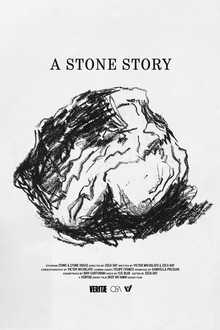The memory of Piero Portaluppi, a Milanese architect who reached the peak of his fame during the 20 years of the Fascist regime, comes back to life, both through the rediscovery of his work today and in a previously unpublished film diary in 16 mm, shot and edited throughout his lifetime. A man of great charm and power, Portaluppi lived through a grandiose but tragic era with ironic detachment, as if dancing across things as he created beauty. History marches on implacably, radically transforming the arena in which the eclectic artist and his large family lived and worked.
Related Movies

Grandfather Sky (1993)
A young Native American man on his way to visit his uncle learns about his Navajo heritage by attending tribal gatherings, traditional ceremonies and listening to old folktales.

Le Corbusier (1967)
Making a documentary on Le Corbusier is not easy, because he is undoubtedly the architect most familiar to the general public but also the most unknown. If most people know his great achievements, such as the Cité radieuse of Marseille, the pavilions of the Cité universitaire de Paris or the Tourettes convent, many are unaware of his works in Moscow, Rio de Janeiro or Chandigarh. Roy Oppenheim pays a vibrant tribute to Corbusier, dismissing the criticisms and darker facets of the character. It presents the career of this pioneering architect, as well as his thinking, the essential principle of which was aimed at the development of human beings and the balance of society. Light, space and greenery are integrated into his large futuristic cities, because according to him the eyes of the inhabitants should be drawn into the distance and not into their neighbor's bathroom.
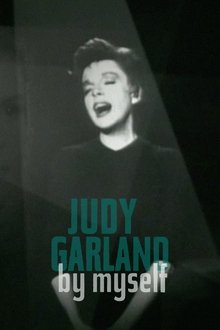
Judy Garland: By Myself (2004)
As Hollywood biographies go, Judy Garland's story is one of the saddest success stories you'll ever hear. The sanitized studio version of her life presented a smiling kid with the big voice, who, alongside Mickey Rooney, just wanted to put on a show. But drugs, overwork, even psychological abuse at the hands of the studio is now part of the Garland legend. But despite the number of Garland books and documentaries, one account has always been missing -- Garland herself never managed to write a memoir. She did make several attempts at an autobiography, often recording stories on a tape recorder. Judy Garland: By Myself (2004), finally fills in the blanks - using Judy's personal recordings to tell the story in her own words.

No Address (1988)
Far from home and cut off from family and friends, Montreal’s Indigenous homeless population is the focus of No Address. Dreams of a better life in the big city can be met with harsh realities, as the individuals in this documentary recount. Often trying to flee circumstances created by colonialism and the effects of assimilation, the First Nations and Inuit people in this work share frank stories about their lives and the paths that took them to the streets of Montreal. Alanis Obomsawin presents an honest, stark portrayal of endemic homelessness while giving voice to those so often overlooked or made invisible on the streets of every city in Canada.

The City of Cassiano (1991)
A short documentary about the works of Cassiano Branco, a modernist architect from Portugal
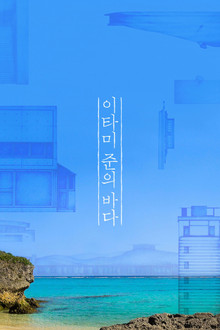
The Sea of Itami Jun (2019)
"Hello. I'm Itami Jun. I apologize for my poor Korean." Itami Jun (Yoo Dongryong), a Korean architect who was born in Japan. This film follows his life through heartwarming architectures for people that he had tried for all his life. The architecture of time that exists for the people, space and the story of an architect who walked his own way between Korea and Japan, Shimizu and Jeju.

La familia Figueroa: una dinastía musical (2015)
Documentary on the life and accomplishments of the members of this uniquely talented musical family. The film focuses on the Figueroa family’s history within the context of its creative universe, dating back to the 19th century. Through the use of photographs, historic film footage, recordings, sheet music, newspaper clippings, and posters, the musical trajectory of the family is brought to life and their role in transforming the musical history of Puerto Rico and the world is portrayed.

Comrade, Where Are You Today? (2016)
In 1988, 20-year-old Kirsi Marie Liimatainen travels from Finland to the GDR, to study Marxism-Leninism at the International Youth Academy. In summer of´89 the course ends and the students spread out over the world. Afew months later, the Berlin Wall falls. 24 years later Kirsi, sets out on a cinematic journey to Nicaragua, South Africa, Chile, Bolivia, Lebanon, Germany and Finland to meet up once more with her former fellow students. What remains of their dream of the liberation of the oppressed?
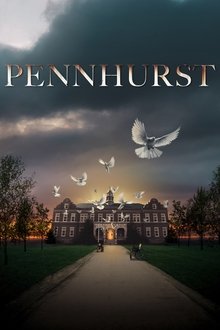
Pennhurst (2019)
Segregation, abandonment, and the meaning of home are discussed by the people that lived in, worked at, and crusaded for one of the largest and oldest Intellectual and Developmental Disability Institutions in the United States. The facility, in its closing, challenged society's perception of those with intellectual disabilities and ultimately fought for better rights.
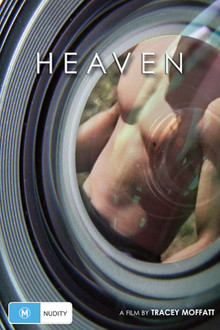
Heaven (1997)
This playful video from famed director and photographer Tracey Moffatt turns the tables on traditional representations of desire to examine the power of the female gaze in the objectification of men’s bodies. HEAVEN begins with surreptitiously taped documentary footage of brawny surfers changing in and out of bathing and wet-suits. While the soundtrack switches between the ocean surf and male chanting, Moffatt moves closer to alternately flirt with and tease her subjects, who respond with a combination of preening and macho reticence.
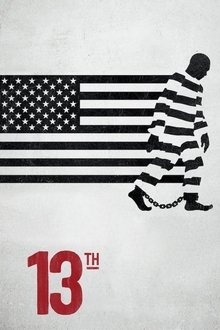
13th (2016)
An in-depth look at the prison system in the United States and how it reveals the nation's history of racial inequality.

Amanda Knox (2016)
This gripping, atmospheric documentary recounts the infamous trial, conviction and eventual acquittal of Seattle native Amanda Knox for the 2007 murder of a British exchange student in Italy.

The DeVilles (2009)
The love between the American burlesque stripper Teri Lee Geary (aka Kitten DeVille) and her punk rock singer husband Shawn Geary is strong but rather complicated. They live in their own time bubble, hers from the 1950's and his from the 1980's. It applies to their looks, their home and their lifestyle. Teri looks like Marilyn Monroe and Shawn looks like Joe Strummer from The Clash. All of a sudden their 25-year-long relationship and their lifestyle have a down side. But how do they move on?
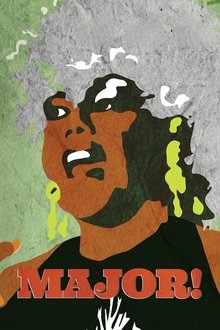
MAJOR! (2015)
MAJOR! follows the life and campaigns of Miss Major Griffin-Gracy, a 73-year-old Black transgender woman who has been fighting for the rights of trans women of color for over 40 years.
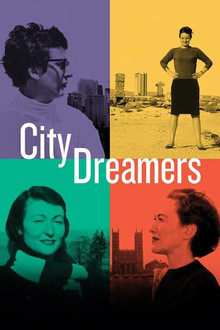
City Dreamers (2018)
Urban architecture as seen through the eyes of four female veterans in the field.
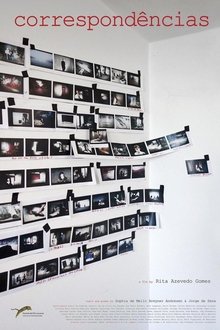
Correspondences (2016)
Jorge de Sena was forced to leave his country. First he moved to Brazil, and later to the USA. He never returned to Portugal. During his 20-year-long exile, he kept an epistolary correspondence with Sophia de Mello Breyner Andresen. These letters are a testimony of the profound friendship between the two poets, letters of longing and of desire to “fill years of distance with hours of conversation”. Through excerpts and verses, a dialog is established, revealing their divergent opinions but mostly their strong bond, and their efforts to preserve it until their last breaths.

